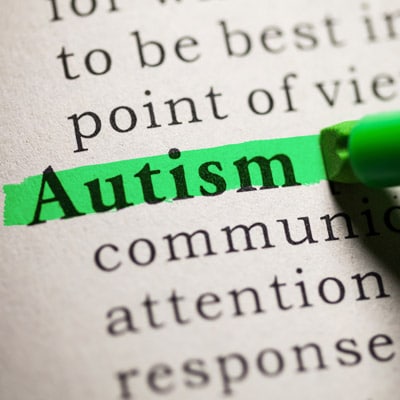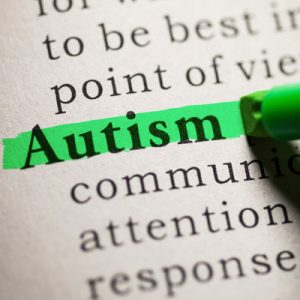The new Code of Practice to the Mental Health Act 1983 includes a very useful chapter (Chapter 20) on autism and identifies some areas of good practice for providers of care. The Code includes autism as a mental disorder, though acknowledges it would be rare for someone to be admitted to hospital on a compulsory basis for treatment of their autism.
Autism is a lifelong developmental condition, continuing into adulthood. What people might not know is that raising awareness about adult autism is now backed by law. The Autism Act 2009 was followed up by statutory guidance issued in 2010, and then revised and expanded earlier this year – Statutory guidance for Local Authorities and NHS organisations to support implementation of the Adult Autism Strategy.
It tells statutory organisations what they should be doing to promote understanding about autism. That includes training for staff and ensuring services are planned for people with autism. Now whilst this guidance is primarily telling statutory organisations what they should be doing, the guide also says it should be used as a good practice guide by anybody providing care for people with autism. You can read the document HERE.
Getting recognised
It is estimated that about 1 in every 100 people in the UK has autism, or as it’s sometimes called an autistic spectrum disorder (ASD). One of the things people talk about is the relief they or their family get from getting a diagnosis. It’s the kind of condition people say, ‘In my day it wasn’t recognised.’ The NHS choices website supports this: ‘Some people with ASD had features of the condition as a child, but enter adulthood without ever being diagnosed. However, getting a diagnosis as an adult can often help people with ASD and their families.’
If you’ve been watching the Channel 4 garden design programme The Autistic Gardener, you’ll know it has been offering some interesting insights and challenging a lot of existing ideas around autism, including the benefits of early diagnosis.
Inspired design
The Autistic Gardener, whose name is Alex Gardner (yes!), has spoken up for the benefits of not getting an early diagnosis! Growing up he knew he was different and developed his own coping strategies. He says he is grateful he wasn’t diagnosed until recently. He thinks his life would not have turned out as well as it has.
I think his programme has a number of other useful messages:
- Experts by experience – Alan Gardner’s experience of the condition means he can understand and coach others
- Not categorising everyone with autism as being the same. It is often said that people with autism are suited to technical jobs. However, the programme has shown that people with autism can be inspired designers as well
Presenting a balanced picture – showing positive messages about autism as well as showing the difficulties.
David Beckingham – QCS Expert Mental Health Contributor






